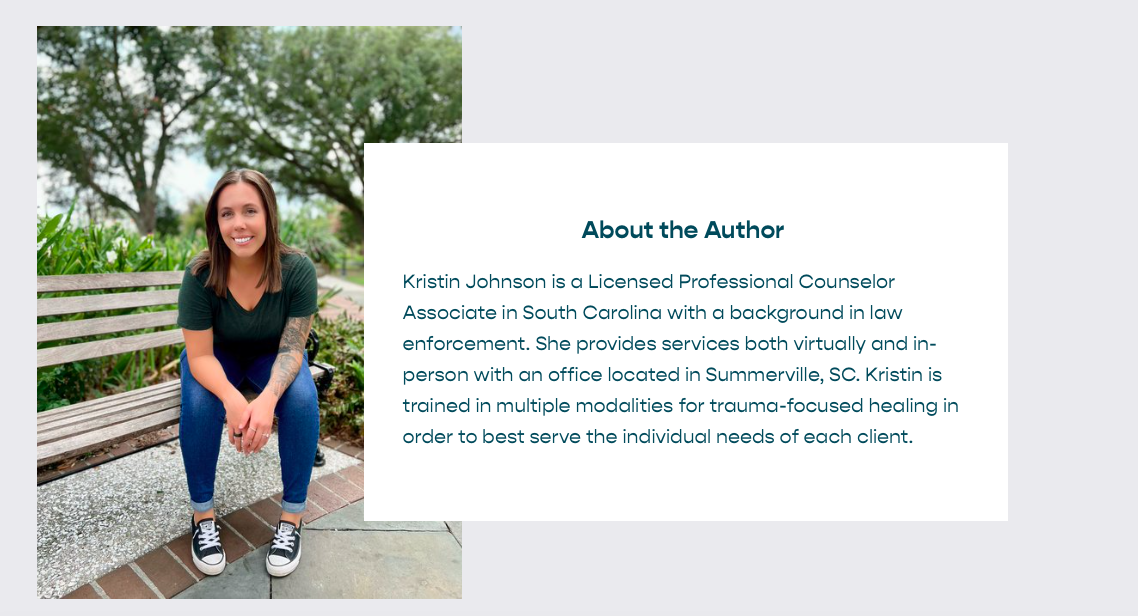What Causes Anxiety?
Maybe that constant worry you’re experiencing is more than just stress- maybe it’s anxiety. Anxiety is that feeling of unease, dread, or full-blown panic that can hit out of nowhere, or just linger in the background. If you’re here, chances are you’re tired of the racing thoughts, physical tension, and sleepless nights, and you’re wondering what’s actually causing all of this. Let’s establish this first: you’re not broken, weak, or overreacting. Anxiety is a normal human response, but when it starts interfering with your daily life, relationships, or ability to function, it might be time to take a deeper look and figure out the root cause. Let’s talk about the cycle of anxiety and some of the causes.
The Cycle of Anxiety
Anxiety has a sneaky way of trapping you in a loop. Here’s how it typically plays out:
Trigger: Something sets off your anxiety—maybe a stressful situation or a negative thought
Perceived Threat: Your brain interprets the situation as dangerous, even if it’s not. This kicks your fight-or-flight response into gear.
Physical Symptoms Kick In: Heart racing, shallow breathing, muscle tension, nausea—your body preps for danger, even if the “danger” is just a work email.
Avoidance: Because these feelings are uncomfortable, you try to escape or avoid the situation that triggered them.
Temporary Relief: Avoidance makes you feel better in the short term, but it reinforces the idea that the situation was actually dangerous—which makes anxiety stronger the next time.
So, naturally, you’re probably wondering how to break the cycle. It’s uncomfortable, but once we start noticing the physical symptoms, it’s time to face our trigger head on (rather than avoid it-which is the natural response). By intentionally choosing not to avoid the trigger, you are helping to send the message to your brain that the trigger was not a threat and not something to be perceived as dangerous.
What Causes Anxiety?
Anxiety can be the result of a combination of factors. Understanding what’s fueling your anxiety can be the first step in breaking free from it.
1. Biological Factors
Some people are wired to be more anxious than others. Genetics play a role, meaning if anxiety runs in your family, you might be more prone to experiencing it. Brain chemistry also matters—imbalances in neurotransmitters can make it harder for your brain to regulate stress.
2. Past Trauma
Unresolved trauma can keep your nervous system stuck in high alert, making everyday stressors feel overwhelming. Your past experiences can shape how your brain perceives and responds to threats.
3. Chronic Stress
Life stressors (work pressure, financial struggles, relationship issues, etc.) can contribute to anxiety. If your brain is constantly in “fight-or-flight” mode, it never gets a chance to reset.
4. Early Life Experiences
Things like patterns of attachment with parents/caregivers, learned protective behaviors (ideas about what is/is not dangerous), or patterns of uncertainty (unpredictable responses from parents) can also contribute to anxiety.
5. Lifestyle Factors
Believe it or not, what you eat, how much you sleep, and your daily habits can fuel your anxiety. Caffeine overload, lack of movement, and poor sleep habits all play a role in how your brain and body respond to stress.
Looking for some help?
Anxiety is overwhelming, exhausting, and frustrating, but it’s also treatable. If you’re ready to start taking control of your anxiety and feel like yourself again, let’s talk. We offer a free phone consultation, so we can figure out what kind of support would be most helpful for you.
Want to connect with a therapist who provides anxiety treatment?
Take the first step towards reclaiming your peace.
(South Carolina residents only)


